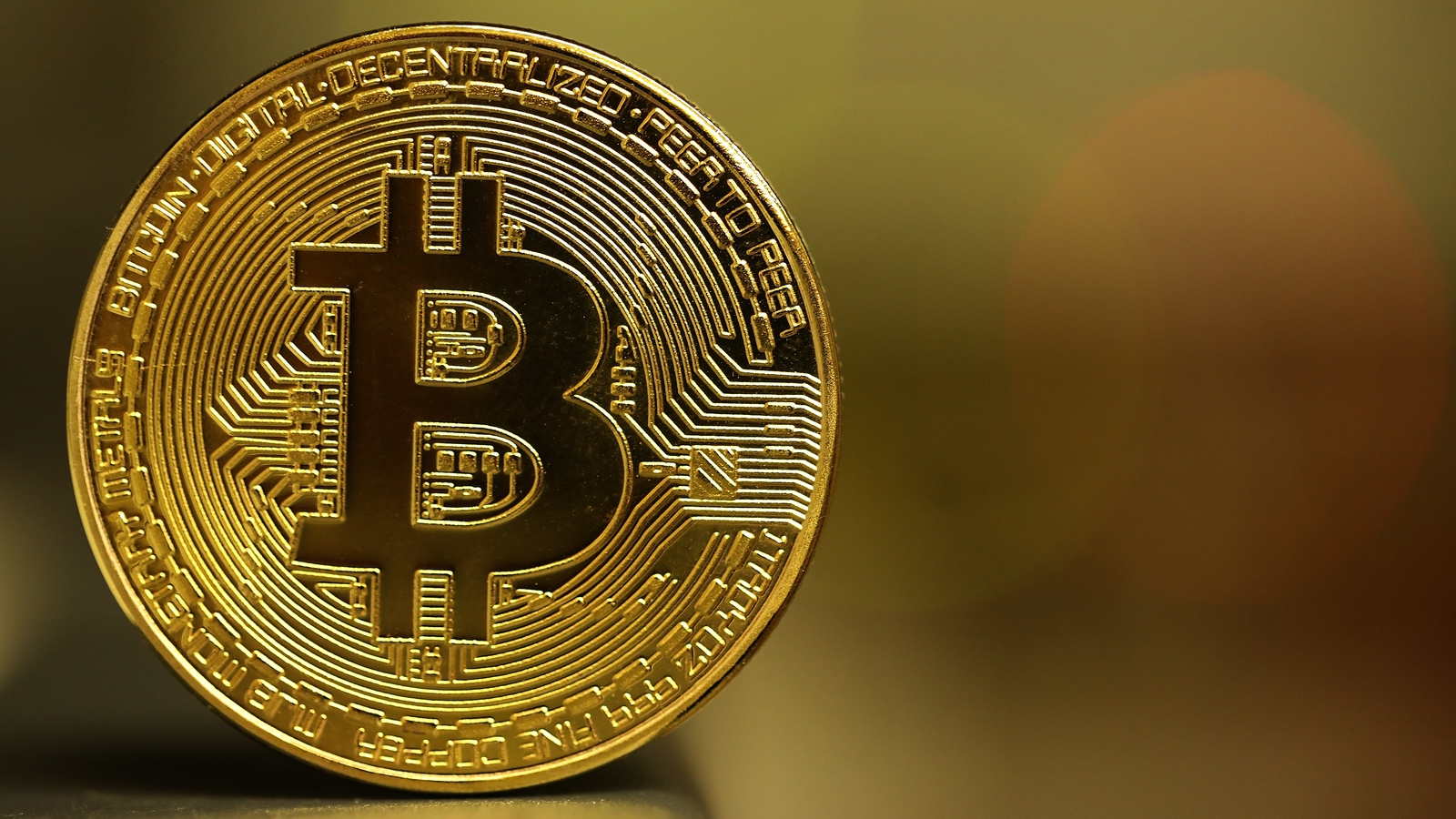Crypto Pare Losses - Could This Be Why Bitcoin (BTC) Outperforms?
Table of contents
Solana's SOL token increased approximately by 2% in the past few days, compared to a 3% increase for Bitcoin during the same period. If we look from the monthly perspective, it shows that Ethereum (ETH) increased by 35%, and Bitcoin (BTC) increased by 27% over the past month. On the other hand, SOL has decreased by 50%.
The Associate Director of Enforcement for the U.S. Treasury Department's Financial Crimes Enforcement Network, Alessio Evangelista, urged the cryptocurrency industry to block "problematic" wallets on the regulatory front. He made this statement at a conference.
Reuters reported that finance officials from the Group of Seven (G-7) large developed economies plan to push for more rapid global crypto regulation. As a result, the traditional stock markets were volatile, while gold, well-known as a haven investment, rose. Meanwhile, about three weeks ago, the U.S. dollar has fallen after reaching its highest level in four years.

Could This Be Why Bitcoin (BTC) Outperforms?
Bitcoin has outperformed other cryptocurrencies over the past few months, which indicates that traders have less risk appetite. As a result, Bitcoin (BTC) falls more slowly than other altcoins in a declining market due to its lower risk profile than smaller tokens. The opposite happens when the market is expanding.
Over the past 90 days, only 15 percent of the top 50 altcoins have been more successful than Bitcoin (BTC), depicting a reluctance to take risks. The Blockchain Center confirms this. In the meantime, the sustained rally in altcoins may indicate that a risk-on environment is prevalent, similar to what existed in August and January of the previous year.
Earlier this month, the dominance ratio of Bitcoin and other cryptocurrencies surpassed the trend of a short-term fallout and continued to rise. If the ratio remains above 50 percent for an extended period, it will indicate a risk-off environment for investors similar to that observed in 2018.
Factors Influencing Bitcoin's Price
Bitcoin (BTC) is among the most popular decentralized digital currencies because of numerous factors. Due to Bitcoin's decentralized nature, no organization or entity typically regulates its price.
Bitcoin-to-Bitcoin transactions work through a peer-to-peer (P2P) network that operates by exchanging anonymous, encrypted hash codes. The P2P network carries out the monitoring and validation of Bitcoin transactions between users. Unfortunately, the world's governments attempt to regulate Bitcoin (BTC) due to its alarming growth rate. They are doing this to protect investors and boost tax revenues.
Understanding and anticipating the forces that influence Bitcoin's ups and downs will aid in forecasting. It will also help in increasing our overall comprehension of the cryptocurrency market. Here are different factors affecting the price of Bitcoin.
Supply and Demand for Bitcoins
The amount of Bitcoin traded on exchanges represents a negligible fraction of the total amount in circulation. Furthermore, Bitcoin is not readily available for purchase because of its predominant usage as an investment.
The public's acceptance of Bitcoin is just one factor affecting Bitcoin's value. The popularity of a currency can increase prices, while a lack of demand can decrease its value. Therefore, greater demand and a smaller supply will raise the price of Bitcoin (BTC).
Numerous companies, individuals, and investors have begun to use Bitcoin to facilitate online transactions. Therefore, it is reasonable to anticipate that Bitcoin prices will rise in the nearest future due to Bitcoin's increasing acceptance.
Rules and Regulations Regarding Bitcoins
Due to the explosive growth of Bitcoin (BTC) and other cryptocurrencies, many regulators are debating how to handle these digital assets. The Securities and Exchange Commission (SEC) classifies cryptocurrencies as securities, but the Commodity Futures Trading Commission (CFTC) of the United States classifies Bitcoin (BTC) as a commodity.
If the rules become overly restrictive, the value of digital currencies decreases. However, they can catalyze rapid growth when they are advantageous to the cryptocurrency industry.
Because Bitcoin is decentralized, meaning it has no tie to a central authority, government regulations can affect the price of Bitcoin because they affect investors. Ultimately, if there is an issue with a controversial announcement or decision by the government, the value of BTC may decrease.
Bitcoin Competition
Bitcoin is unquestionably the most well-known and widely accepted cryptocurrency on the planet. However, many other competing currencies, such as Tether (USDT) and Ethereum, are worthy of consideration (ETH).
As of March 2021, Bitcoin's major competitors include Tether (USDT), Ethereum (ETH), Cardano (ADA), Binance Coin (BNB), and Polkadot (DOT). However, Bitcoin is the currency with the highest market capitalization and value. Therefore, market capitalization is a factor that could influence the price of a currency in this environment of constant change.
Social Media
Different studies have shown that the media has the greatest effect on the price of Bitcoin and other cryptocurrencies. Due to increasing media coverage, the public better understands cryptocurrencies and Bitcoin in general. As a result, this can attract new cryptocurrency users.
When a crypto enthusiast discovers any important information regarding cryptocurrencies on the media, he will immediately inform his social circle so that they can follow suit. The news will spread rapidly due to the influence of social media. As a result, it is unlikely it will affect Bitcoin's value. Positive media coverage of Bitcoin generally results in price increases, whereas negative media coverage has the opposite effect.
Bitcoin Mining
The bitcoin protocol permits the creation of new bitcoins at a set rate. When miners process transaction blocks, new bitcoins are added to the market. Over time, the rate at which new coins are added to the market will decrease.
The number of bitcoins the system permits to exist impacts their availability. The maximum allowed number is 21 million. Once reached, the mining process will cease to produce new bitcoins.
Cryptocurrency miners use excavators to mine cryptocurrencies (mining). This process becomes more challenging. If the cost of extracting virtual currencies increases, the price will likely change.

